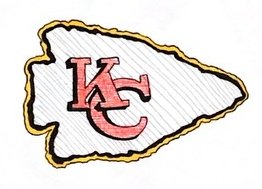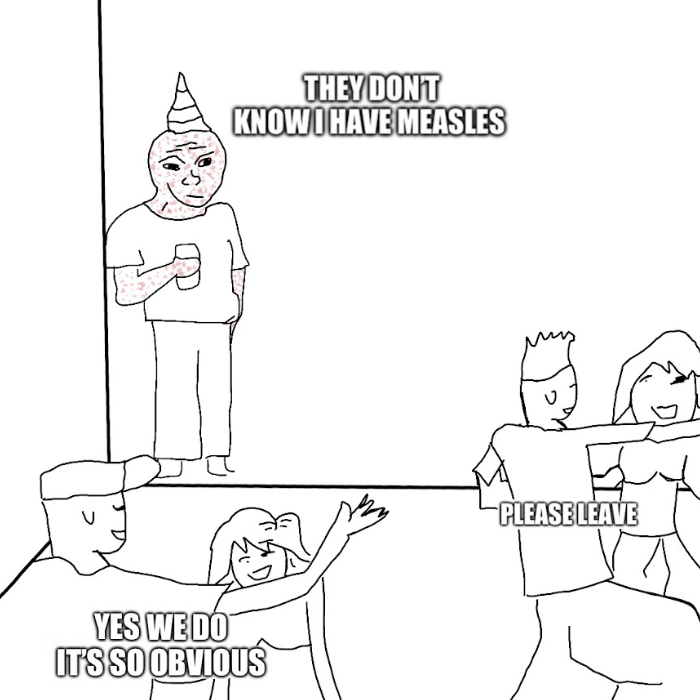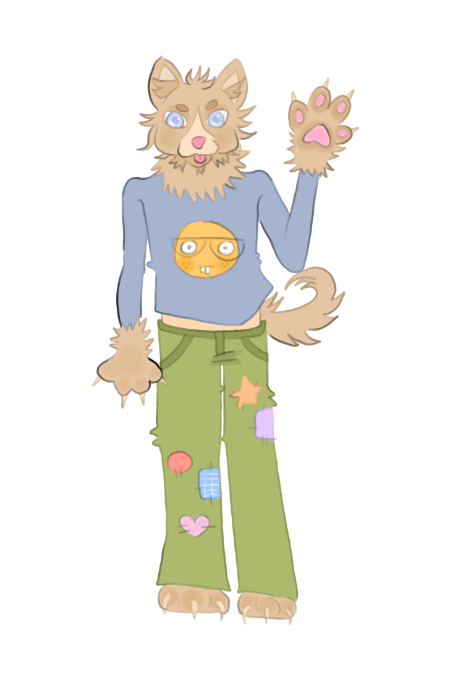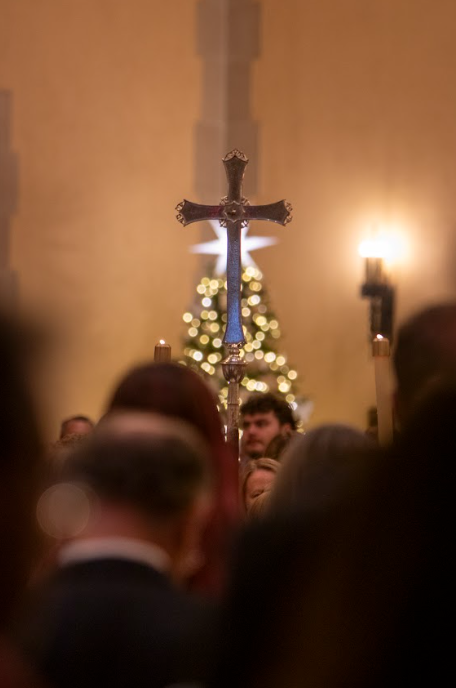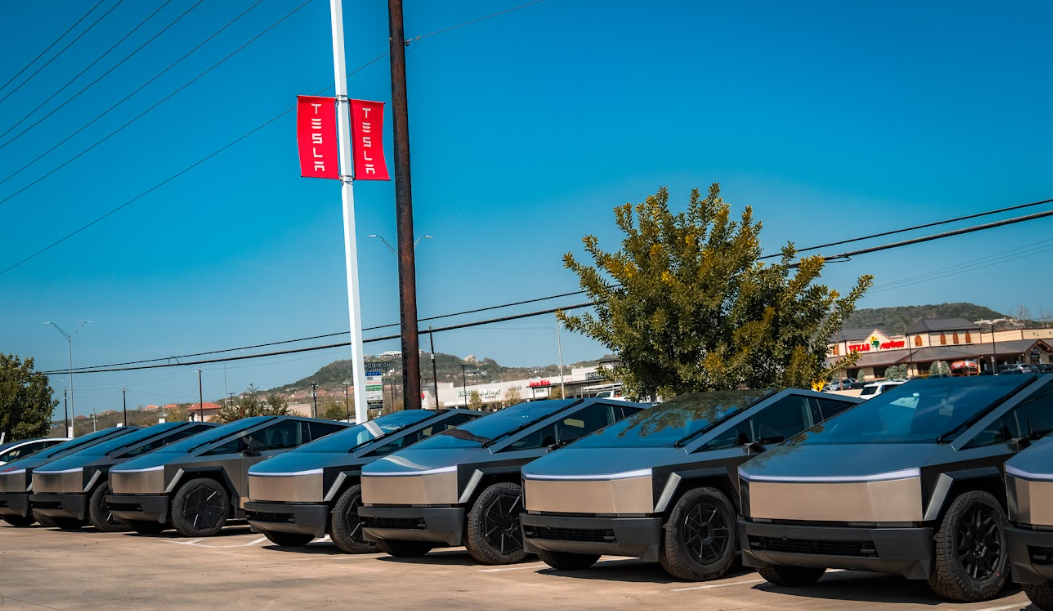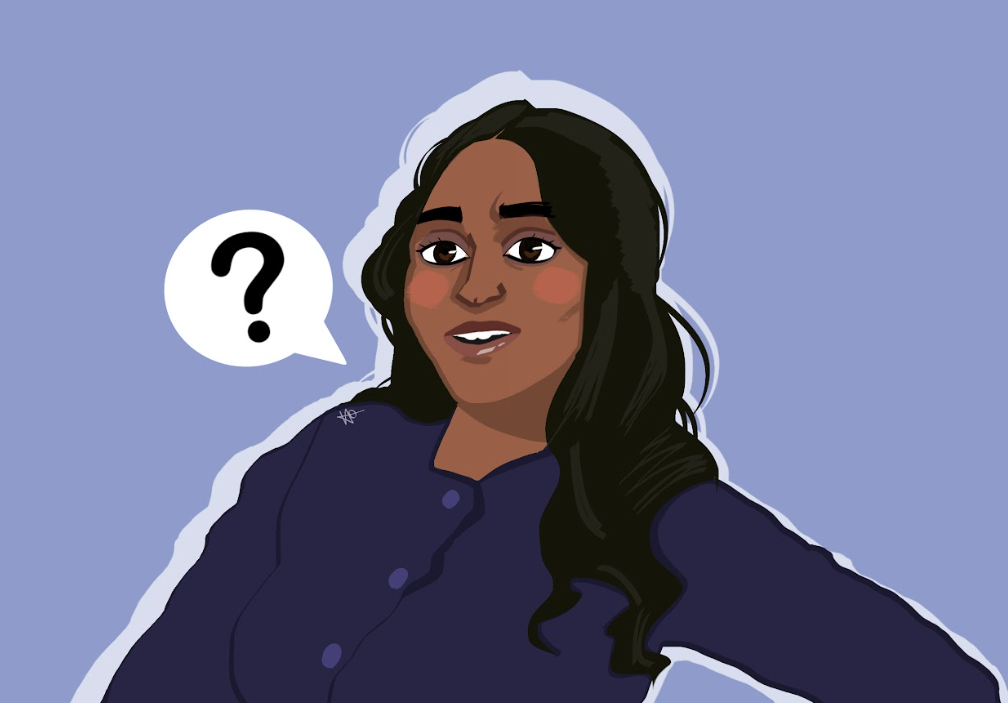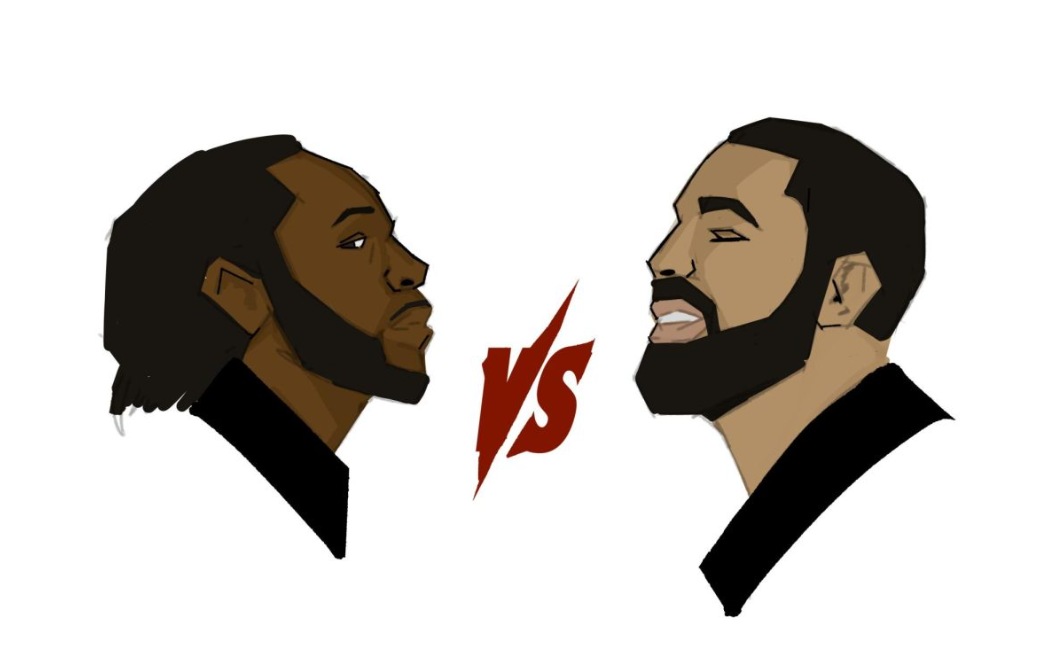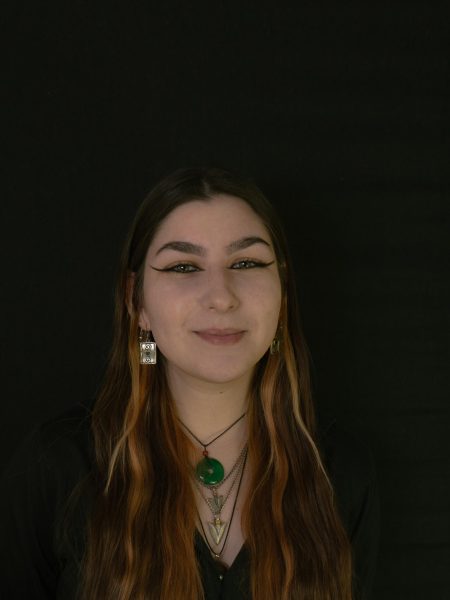Last Sunday, Super Bowl LVIII was the most-watched television show ever with 123 million viewers. Though the Kansas City Chiefs’ end zone declared the words “end racism,” dozens of Indigenous activists protested outside of the stadium.
Rhonda LeValdo, the founder of Not In Our Honor, explained in an Associated Press article that “We weren’t even allowed to be Native American. We weren’t allowed to practice our culture. We weren’t allowed to wear our clothes, but it’s OK for Kansas City fans to bang a drum, to wear a headdress and then to act like they’re honoring us? That doesn’t make sense.”
In 1963, the Dallas Texans of the American Football League moved to Kansas City with the help of their mayor, Harold Roe Bartle. Bartle, a non-native, had the nickname of “Chief” due to being the founder of the Tribe of Mic-O-Say, a Boy Scouts honor camping society.
Since the ‘60s, the Chiefs’ promotion and advertising have been insensitive to the Native American community. Even the team’s website states that “much of the club’s early promotional activities relied heavily on imagery and messaging depicting American Indians in a racially insensitive fashion.” In the past, they have had a mascot named Warpaint, a Pinto horse ridden by a man in a feathered headdress. Only recently, just ahead of the 2020 season, the Chiefs prohibited fans from wearing face paint that appropriated Native American culture.
Even so, the Chiefs’ fans still practice the “Tomahawk chop,” a chant where people swing their arms up and down. This tradition is not unique to the Chiefs and has been seen at sports games for the last three decades. Oscar-nominated actress Lily Gladstone denounced this ritual, saying, “It’s a stark reminder of what Hollywood has done to us because the Tomahawk chop directly ties to the soundtracks of old Westerns where we were not playing ourselves, or if we were, we were merely backdrop actors.”
Although Gladstone stated that “it’s not the name that bothers me,” many Indigenous activists beg to differ.
Michael Spears, a Sicangu Lakota actor, explained, “People think they’re honoring us with these mascots and logos, but they’re mocking us.”
Gaylene Crouser, executive director of the Kansas City Indian Center, a non-profit that provides health, welfare and cultural services to the Indigenous community, explained, “There’s no honor in you painting your face and putting on a costume and cosplaying our culture. The sheer entitlement of people outside our community telling us they’re honoring us is so incredibly frustrating.”
Although the Chiefs launched the American Indian Community Working Group in 2014, which “serves as an advisor to the Kansas City Chiefs to promote an awareness and understanding of Native cultures and tribes in the region,” according to Crouser, this is a “PR stunt,” and none of the people in that group are involved in any of the organizations that serve the Native Americans in Kansas City.
Unsurprisingly, Taylor Swift’s name has been roped into this conversation as well. Though she and many of her fans sport Chiefs jerseys, Indigenous activists have pointed out that she never participated in the Tomahawk chop during Super Bowl LVIII. LeValdo explained that “We were watching. We were looking to see if she was going to do it. But she never did.” LeValdo and fellow activists even made signs that read “Taylor Swift doesn’t do the chop. Be like Taylor.”
“End Racism” was painted on the Chiefs’ end zone, which is entirely contradictory to the team’s name, traditions and branding. The Not In Our Honor Coalition is demanding that the Chiefs change their name and logo like the Washington Commanders and Cleveland Guardians have done recently, and that they “apply the NFL’s ‘zero tolerance’ for on-field use of racial and homophobic slurs to all races and ethnic groups, especially Native Peoples.”
Changing a name isn’t hard, and it has been done before. Since the genocide of Indigenous people in the Americas between 1800 and 1900, Native American communities have persisted and fought to gain the rights they once held. Although a sports team’s name may seem insignificant to some, there are no excuses for racism.
You can demand that the Chiefs change their racist name and traditions by visiting endracismkc.org and signing Not In Our Honor’s petition.


